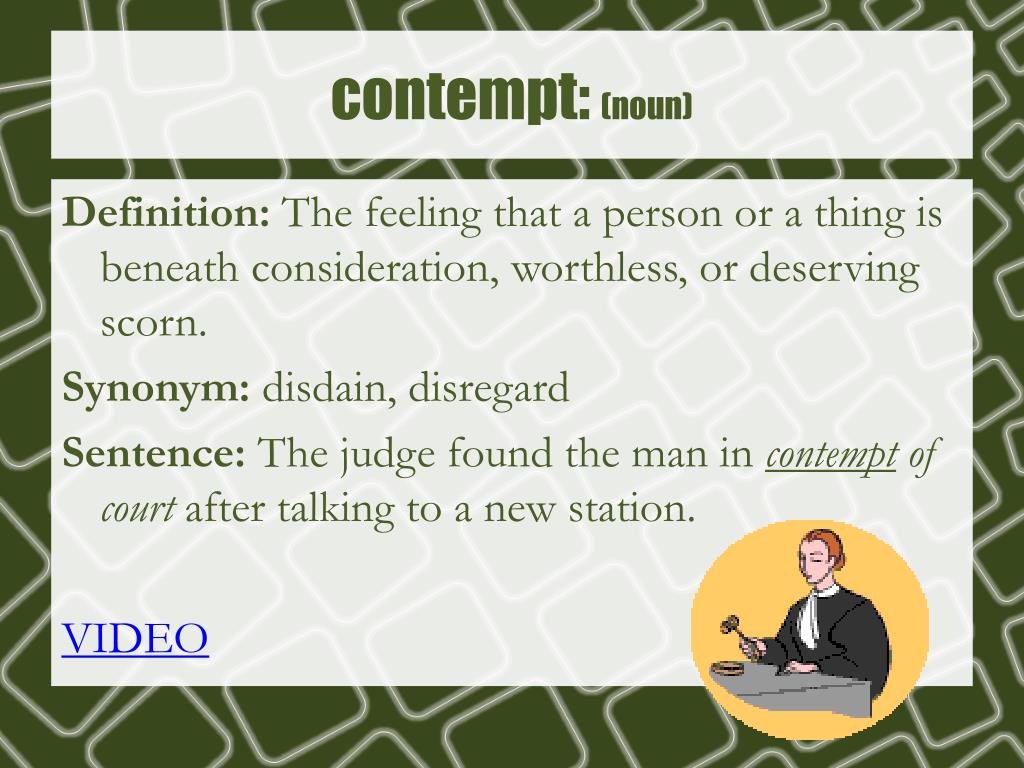

“It’s very easy to pronounce a French word wrong.” But with Latin, Wilson found an instant home. “The potential shame of pronouncing a French word wrong was pretty inhibiting,” Wilson said, laughing. She liked French but was in terror of talking in class. In school, Wilson was shy but accomplished.

If you’re unhappy, all you can do is go to your room and cry silently.” Her parents divorced shortly before she went to college. “As a kid I was just aware of unhappiness, and aware of these things that weren’t ever being articulated, but the sense that nobody is going to be saying what they feel or encouraging anyone else to say what they feel. “There was a lot of silence,” Wilson says.

Mostly, Wilson recalls a quiet, almost somber childhood with her younger sister, the writer Bee Wilson, and her father, the prolific biographer, novelist and critic A.N. She and another female colleague who had a child who was the same age as me organized this day care, first in my house and then it moved to this building near Somerville College.” “It was revolutionary,” Wilson tells me, with uncomplicated pride, “and it was resented: I was the founding member of the Somerville crèche. “The older colleagues were mostly childless women and had this whole sort of anger - anger and also refusal to understand that there might be extra demands on my mom’s time, because she had children.” Wilson’s mother and another colleague took matters into their own hands. Her mother’s experience as a female academic, Wilson said, over lunch the next day at a noisy bistro, “was tied up with her colleagues in Somerville,” the women’s college where she taught. That inheritance was as much literary as it was a matter of temperament. Her mother, Katherine Duncan-Jones, a Shakespeare specialist, taught English literature at Oxford her mother’s brother, Roman history at Cambridge her mother’s father, “a disappointed philosopher” - disappointed because, though he went to Cambridge, he couldn’t get a job there - taught at Birmingham and her mother’s mother, Elsie Duncan-Jones, also at Birmingham, was an authority on the poetry of Andrew Marvell.

Born in 1971 in Oxford, England, Wilson comes from a long line of academics on her mother’s side. That there could still be big questions about a nearly-three-millenniums-old poem that most everyone has heard of - it has exerted an influence on writers, from Virgil to Milton to Joyce - has everything to do with how Wilson is seeking to redefine the job of modern literary scholarship, an ambition that seems, in part, an inheritance. Or, it could be that he’s this untrustworthy kind of guy who is always going to get out of any situation by turning it to his advantage. “The prefix poly,” Wilson said, laughing, “means ‘many’ or ‘multiple.’ Tropos means ‘turn.’ ‘Many’ or ‘multiple’ could suggest that he’s much turned, as if he is the one who has been put in the situation of having been to Troy, and back, and all around, gods and goddesses and monsters turning him off the straight course that, ideally, he’d like to be on. “Treat me,” I interrupted, “as if I don’t know Greek,” as, in fact, I do not. “One of the things I struggled with,” Wilson continued, sounding more exhilarated than frustrated as she began to unpack “ polytropos,” the first description we get of Odysseus, “is of course this whole question of whether he is passive - the ‘much turning’ or ‘much turned’ - right? This was -” Wilson, whose own translation appears this week, has produced the first English rendering of the poem by a woman. Since the “Odyssey” first appeared in English, around 1615, in George Chapman’s translation, the story of the Greek warrior-king Odysseus’s ill-fated 10-year attempt to return home from the war in Troy to Ithaca and his wife, Penelope, has prompted some 60 English translations, at an accelerating pace, half of them in the last 100 years and a dozen in the last two decades. The poem lying open before us was Homer’s “Odyssey,” the second-oldest text, after his earlier poem, the “Iliad,” in a Western tradition impossible to imagine without them.
#Odyssey meaning windows#
On the wall hung pictures of Wilson’s three young daughters the windows behind her framed a gray sky that, as I arrived, was just beginning to dim. “ Polytropos,” Wilson said, in her deep, buoyant voice, pointing to the fifth word - πολuτροπον - of the 12,110-line epic poem that I had come to her office at the University of Pennsylvania to discuss. Late in August, as a shadow 70 miles wide was traveling across the United States, turning day briefly to night and millions of Americans into watchers of the skies, the British classicist Emily Wilson, a woman of 45 prone to energetic explanations and un-self-conscious laughter, was leading me through a line of Ancient Greek.


 0 kommentar(er)
0 kommentar(er)
